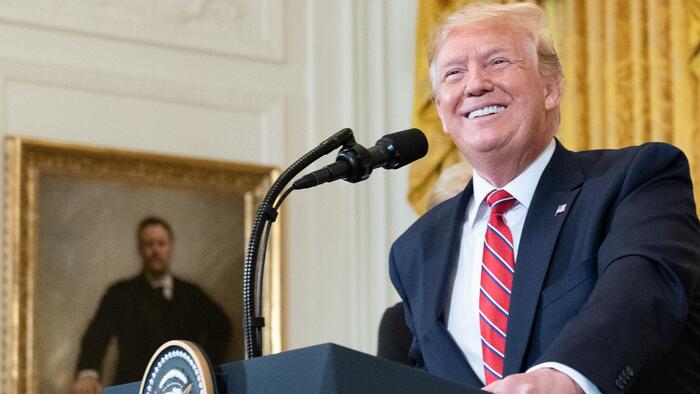In the wake of President Donald Trump’s surprising victory over Kamala Harris, President Joe Biden delivered a poignant message to the nation, urging resilience in the face of setbacks and emphasizing the unforgivable nature of giving up. Nevertheless, Biden’s message resonates against a backdrop of prevailing discontent within his party, which some believe has strayed from supporting America and its military. The defeatism and anti-military sentiment recently observed within certain factions of the Democratic Party may have contributed significantly to Trump’s electoral success. This dichotomy underscores a critical conversation about respect and gratitude for American veterans, who embody the spirit of courage, honor, and selflessness that defines the nation.
Veterans hold a unique place in America’s heart, having fought bravely in pivotal conflicts from World War II to contemporary wars in Iraq and Afghanistan. Their sacrifices have not only safeguarded the freedoms Americans enjoy but serve as a testament to the unwavering spirit of the American people. In light of Veterans Day, it is imperative to reflect on how the current administration can reinvigorate a sense of national appreciation for these individuals. This includes creating a culture of respect and acknowledgment for their service among citizens, particularly younger generations, who may not fully understand the sacrifices made on their behalf.
The Biden administration can initiate this shift by addressing and reigning in the politicization of the military, often manifested through “woke” ideologies. This approach can help bolster a sense of pride among veterans for the military branches they served in. Additionally, using the presidential platform to highlight the virtues of military service can remind the public of the dedication and honor that military men and women exemplify. Furthermore, revisiting plans like the National Garden of American Heroes, which seeks to memorialize notable veterans, could serve as a significant step toward revitalizing national gratitude.
A more understated yet impactful method for expressing respect for veterans is through the preservation and enhancement of national cemeteries, which stand as solemn reminders of the sacrifices made by servicemen and women. With 164 national cemeteries across the United States, including well-known sites like the Arlington National Cemetery, these resting places are hallowed grounds worthy of reverence and respect. Personal connections to these cemeteries, such as familial ties, bring additional layers of meaning and appreciation for the heroes who are commemorated there.
Increasing public engagement with national cemeteries through initiatives designed to educate Americans about the sacrifices history encapsulated within their walls can foster a deeper sense of gratitude. Introductory programs for young Americans, including roll-call events and community initiatives, would help instill a spirit of service and appreciation in future generations. Such initiatives could rekindle a critical dialogue around gratitude, an essential character trait missing from contemporary national discourse.
In conclusion, honoring veterans and recognizing their sacrifices should be a national priority, with an emphasis on preserving the sanctity of national cemeteries serving as a focal point for collective remembrance. Observing Veterans Day with a visit to a local cemetery to pay respects can foster civic engagement, instilling a deeper understanding of the nation’s history and commitment to freedom. By prioritizing respect for veterans in policy and public sentiment, the administration can steer America back toward a path of gratitude and recognition for those who defended its values, ultimately enriching the national character. Tom Ruck, author of “Sacred Ground: A Tribute to America’s Veterans,” underscores this imperative, celebrating the invaluable contributions of service members and the need for a renewed commitment to honoring their legacy.

